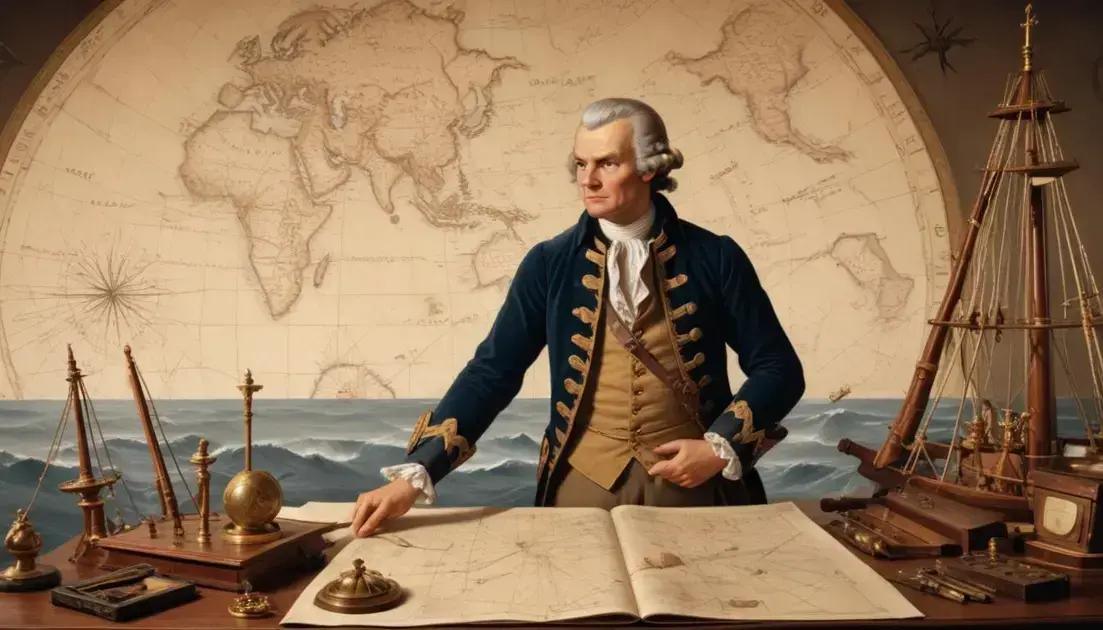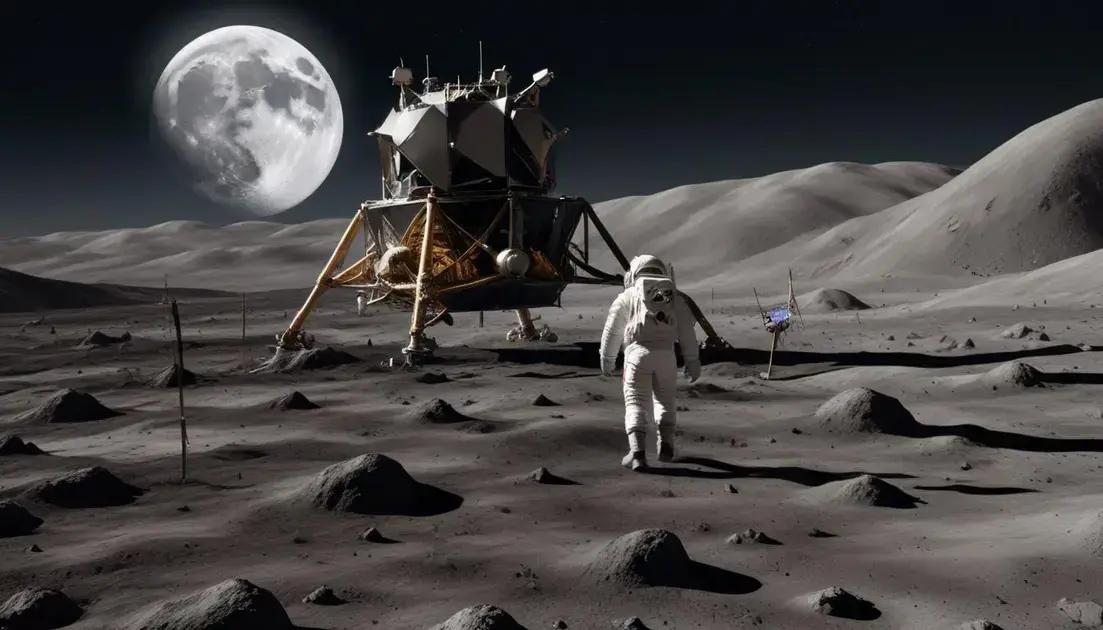
James Cook: Cartographer of the Pacific Seas
James Cook was a significant explorer whose voyages transformed navigation and geography. His expeditions mapped vast areas of the Pacific, leading to European imperialism and new trade routes. While celebrated for his achievements, Cook’s legacy is complicated due to the impacts on indigenous cultures and the controversial nature of colonization. Understanding Cook’s life provides insights into the complex interplay of exploration and exploitation in history.
Meet James Cook, the man who forever changed our view of the Pacific Seas. His adventurous spirit and cartographic skills opened new worlds and shaped scientific exploration.
Cook’s Early Life and Sea Voyages
James Cook was born in 1728 in England. He grew up in a poor family. His father was a farm laborer, and Cook had to work hard from a young age. After starting his career as an apprentice, he joined the British merchant navy. This decision changed his life forever.
Early Influences
Cook’s interest in the sea grew as he learned navigation and cartography. He was curious about the world beyond the horizon. His navigation skills combined with his adventurous spirit soon made him a talented sailor.
First Voyages
Cook’s first major voyage was to the North America coast. During this trip, he studied the coastline and made important maps. But he didn’t stop there. He wanted to explore further.
Discovery of the Pacific
In 1768, Cook set out on his first expedition to the Pacific Ocean. His mission was to observe the transit of Venus. Little did he know, this journey would change history.
During this voyage, he discovered New Zealand and the eastern coast of Australia. His detailed maps helped Europeans understand these new lands better. Cook’s voyages not only expanded the British Empire but also reshaped global trade routes.
Achievements in Navigation and Mapping
James Cook had many impressive achievements in navigation and mapping. His skills changed how people viewed the world. He was known for using accurate maps and methods.
Innovative Mapping Techniques
Cook used the latest tools of his time, like the marine chronometer. This device helped sailors determine their exact position at sea. His maps were clearer and more precise than those before him.
Notable Expeditions
On his voyages, Cook mapped vast areas of the Pacific. He revealed coastlines that were unknown to Europeans. Thanks to Cook, places like Hawaii and the east coast of Australia became familiar.
Collaborative Efforts
Cook worked with talented crew members who helped him in his studies. This teamwork was essential. They recorded new findings and improved navigation records.
Impact on Future Exploration
Cook’s maps set new standards for explorers. His work helped others navigate and explore more efficiently. Today, his contributions are still recognized in the field of geography.
The Impact of Cook’s Expeditions on Imperialism
James Cook’s expeditions had a big impact on imperialism. His journeys opened new lands for exploration and control. European countries raced to claim these territories.
Expansion of British Influence
Cook’s voyages were crucial for expanding the British Empire. He mapped coastlines and made them known. This knowledge empowered Britain to establish colonies.
New Trade Routes
With Cook’s discoveries, new trade routes emerged. These routes connected Britain to distant lands. They allowed for the exchange of goods like spices, timber, and more.
Cultural Encounters
Cook met many different cultures during his travels. This led to both fascinating exchanges and difficult conflicts. Some indigenous people welcomed the newcomers, while others resisted.
Long-Lasting Effects
The impact of Cook’s expeditions is still felt today. His maps shaped how empires interacted with new lands. Many places remain connected to Cook’s legacy through history and culture.
Legacy and Controversy Surrounding His Life
James Cook’s legacy is complex. He is remembered as a skilled navigator but also faced controversy. His journeys brought change to many indigenous cultures.
Mixed Legacy
On one hand, Cook’s mapping skills advanced exploration. His accurate maps helped navigation and trade. On the other hand, his expeditions led to colonization.
Indigenous Peoples
Cook’s encounters with indigenous peoples were often challenging. Some groups welcomed him, while others resisted his presence. These encounters changed their lives forever.
Historical Perspectives
Over time, views on Cook have shifted. While some celebrate his achievements, others criticize the impact of imperialism. This debate continues today.
Commemoration and Remembrance
Cook has been honored in many ways, including statues and place names. Yet, these tributes sometimes spark discussions about colonialism. His legacy raises important questions about history.
Conclusion
In conclusion, James Cook’s life and voyages had a lasting impact on the world. His achievements in navigation opened new lands for exploration, but they also brought challenges for indigenous cultures. While he is celebrated for his mapping skills, his legacy is complicated by the consequences of imperialism.
As we look back, it’s important to remember both his contributions and the controversies they brought. Cook’s journeys changed global trade and shaped modern navigation. Yet, they also remind us of the complexities of history and the many lives affected by these encounters.
Understanding Cook’s legacy helps us appreciate the past while considering its implications for today. His story is a reminder of the fine line between exploration and exploitation, and the ongoing conversations about history and its impact on people.


